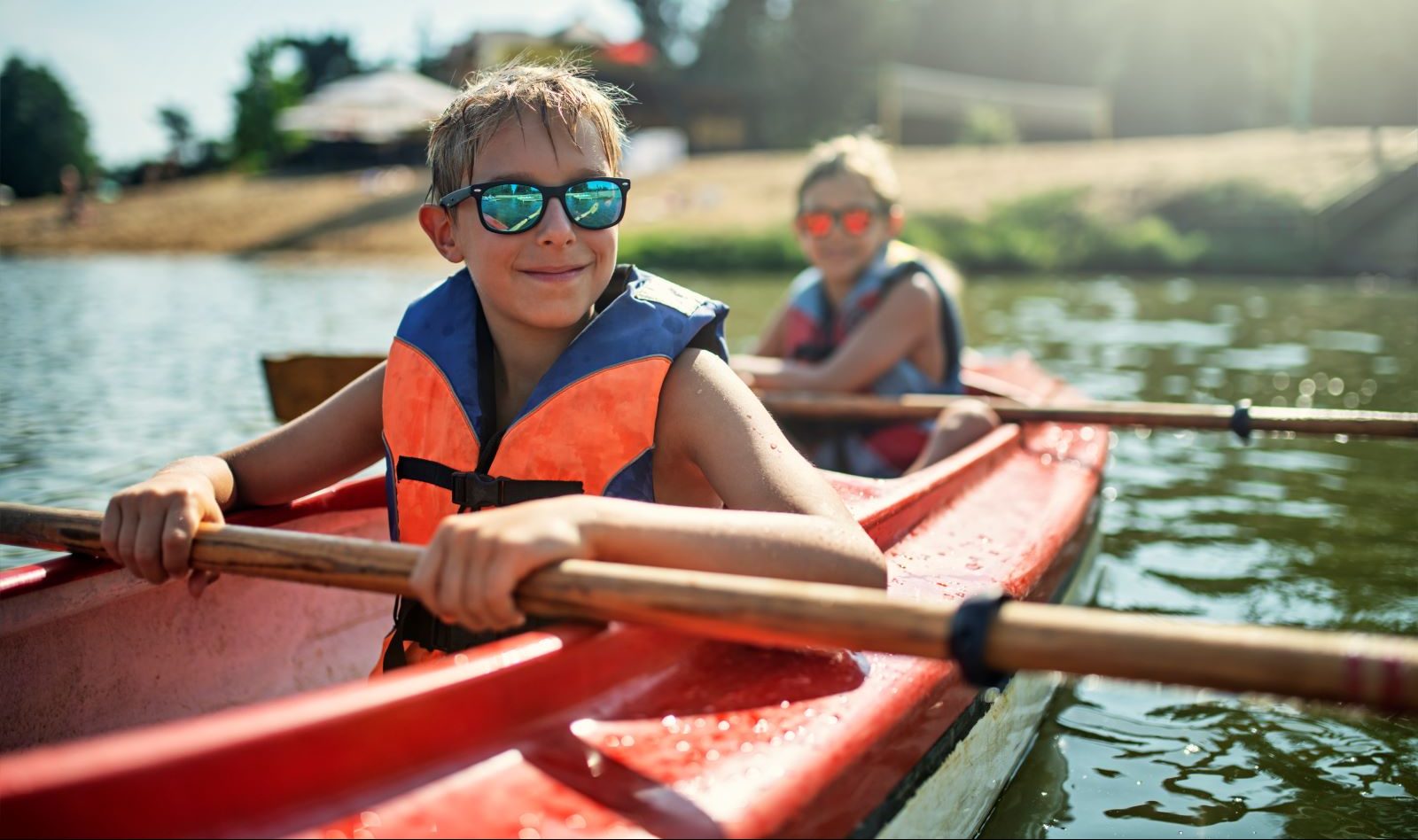<< Back
Sending Kids or Grandkids to Summer Camp? Tips to Keep Them Safe and Healthy

June 28, 2022
By Eric Walsh, MD, DrPH, Medical Director of Hartford HealthCare-GoHealth Urgent Care
School’s out, and summer camp season is upon us. Camp is not only a reliable childcare option for working parents, but it improves the mental and physical health for kids, too. As the Medical Director of Hartford Healthcare-GoHealth Urgent Care, I’ve treated minor injuries and illnesses common among young campers. In fact, we work closely with camps across Connecticut to provide real-time access to a full range of healthcare services.
Here are some tips to keep your children safe this summer:
- Pack all medications. Whether your child takes a prescription medication every day or over-the-counter meds only as needed, they must have access to any medication they may need while at camp. Before dropping your child off at camp, review the camp’s website and any other materials provided to ensure you understand their medication protocols. Complete and submit all authorizations or forms and ask camp counselors to pack necessary medications such as inhalers or EpiPens on any off-site excursions.
- Remind them to wear sunscreen. While kids may not like taking a break from the fun to apply sunscreen, it is the best defense against sunburn. Anytime your child goes outside, they should apply a UVA/UVB sunscreen that’s SPF 30 or higher every two hours and after they swim, sweat or shower. If your child gets a severe sunburn, the camp counselors should remove them from the sun, give them pain relievers, apply a cool, wet compress to the sunburn and give them extra fluids to avoid dehydration.
- Send some insect repellent with them. Insect repellent can prevent itchy, uncomfortable insect bites. It also helps prevent insect-borne infections like Lyme disease, West Nile and Zika viruses. Look for insect repellent with DEET and teach your children to carefully apply it over sunscreen by spraying onto their hands first and rubbing onto their exposed skin and face.
- Give a crash course on plant safety. While vegetation and wildlife in nature are beautiful, they can also be hazardous. A knowledgeable guide should always supervise children if they are hiking or camping outdoors. Teach young campers how to recognize plants that should not be touched (like poison ivy). If your child touches or ingests a questionable plant, wash the area immediately with soap and water, remove all particles from their mouth and call the poison control center immediately at 1.800.222.1222.
- Practice water safety. Swimming lessons are always beneficial at a young age. Make sure children know to never enter the water unless there is a counselor or lifeguard present. Children who are not proficient swimmers should always wear life jackets. Teach children to never drink from natural water sources like ponds, lakes or streams since these water sources often contain germs that can cause serious infections.
- Hydrate, hydrate, hydrate! Children should drink at least two to eleven cups of water per day depending on their age and wear light-colored clothing when outdoors this summer. Remind them to bring their water bottle when leaving camp to hike or engage in other outdoor activities. If possible, sports and other strenuous activities should occur in the morning or late afternoon instead of the hottest hours of the day.